Groups & Labs
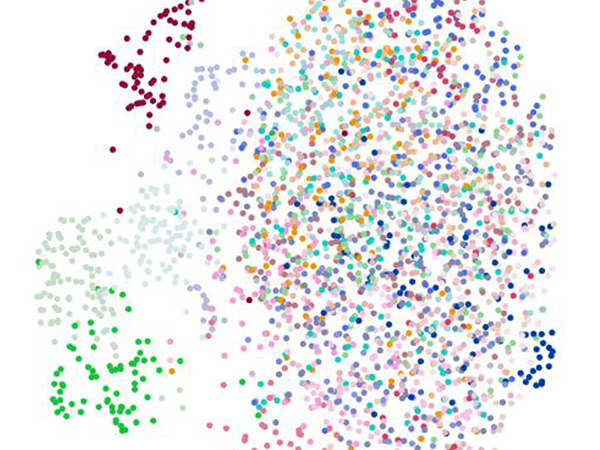
AIMS Lab
The AI for bioMedical Sciences (AIMS) Lab fundamentally advances the way AI is integrated with biology and clinical medicine by addressing novel scientific questions spanning explainable AI, model auditing, disease drivers, and more.

Animation Research Labs (ARL)
The interdisciplinary ARL advances the state of the art in animation through research, teaching, and computer-animated production.

Behavioral Data Science Group
The Behavioral Data Science Group leverages large-scale behavioral data to extract actionable insights about our lives, health and happiness by combining techniques from data science, social network analysis, and natural language processing.
Bespoke Silicon Group
The Bespoke Silicon Group aims to bring hardware design to its highest art and rapidly conceive of, design and implement entirely new kinds of hardware faster than has ever been done before.
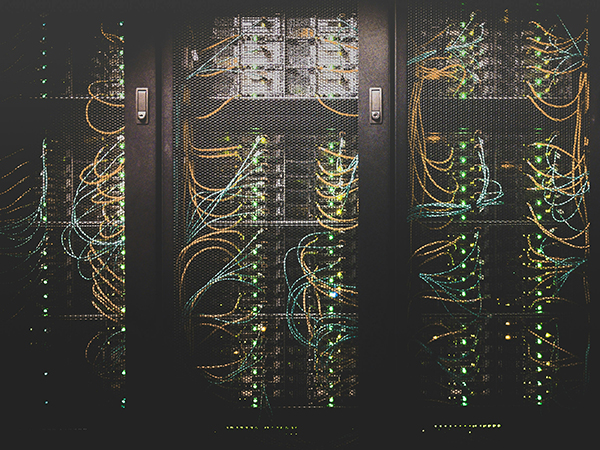
Computer Systems Lab
The Computer Systems Lab works on research covering a number of areas in operating systems, distributed systems, computer architecture and security.

Cryptography Research Group
The Cryptography Group advances the foundations and applications of cryptography, including public-key and symmetric cryptography, obfuscation, attribute-based and functional encryption, secure multi-party computation, quantum cryptography and more.

Database Group
The Database Group advances both theoretical and systems work in probabilistic databases, stream processing, sensor-based monitoring, databases and the web, XML, image/video data management, data management for machine learning, data mining and more.
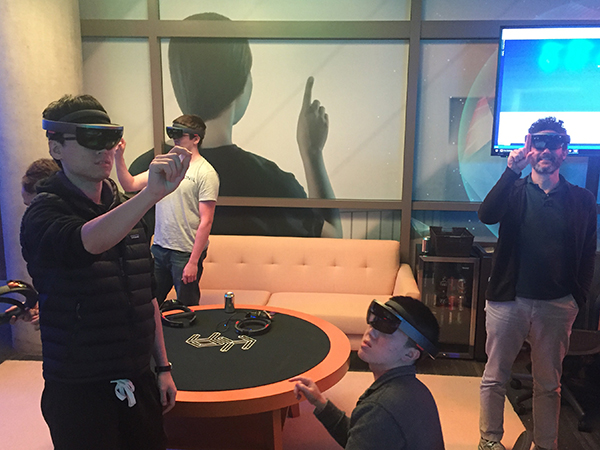
Graphics & Imaging Lab (GRAIL)
The work of the Graphics & Imaging Laboratory spans computer graphics, computer vision, generative AI, computational photography, virtual reality, animation and games.

H2 Lab
The H2 Lab addresses foundational problems in Artificial Intelligence and Natural Language Processing to develop general-purpose AI algorithms that represent, comprehend, and reason about diverse forms of data at large scale.
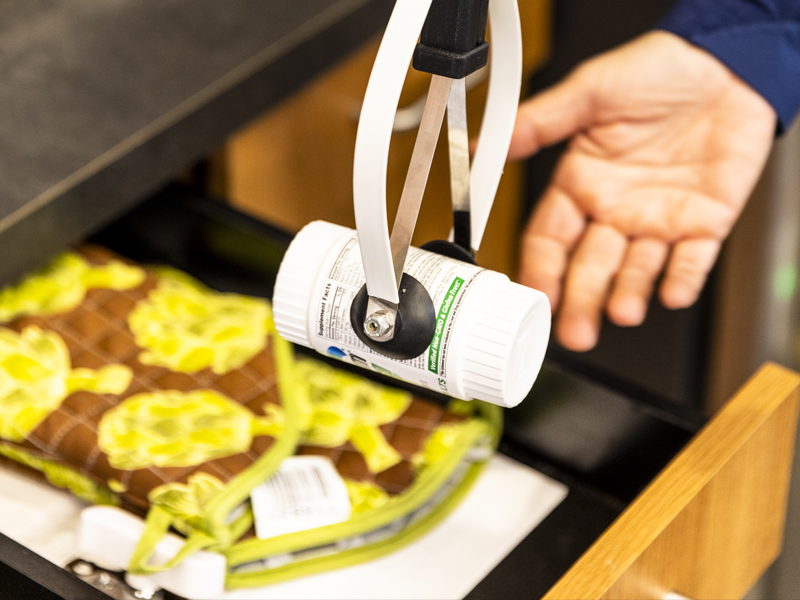
Human-Centered Robotics Lab
In the Human-Centered Robotics lab we aim to develop robotics that are useful and usable for future users of task-oriented robots.
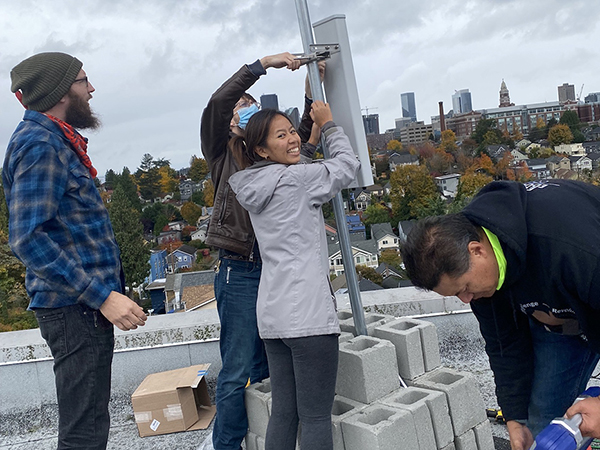
Information and Communication Technology for Development (ICTD) Lab
The ICTD Lab explores how technology can improve the lives of underserved populations in low-income regions through research spanning HCI, systems, communication and data analytics.

Interactive Data Lab
The Interactive Data Lab aims to enhance people’s ability to understand and communicate data through the design of new interactive systems for data visualization and analysis.

Make4all Group
Make4all Group creates solutions that empower people with disabilities to accomplish their goals, applying technologies such as 3D printing, knitting and other fabrication technologies to improve inclusion in and accessibility of our digital future.
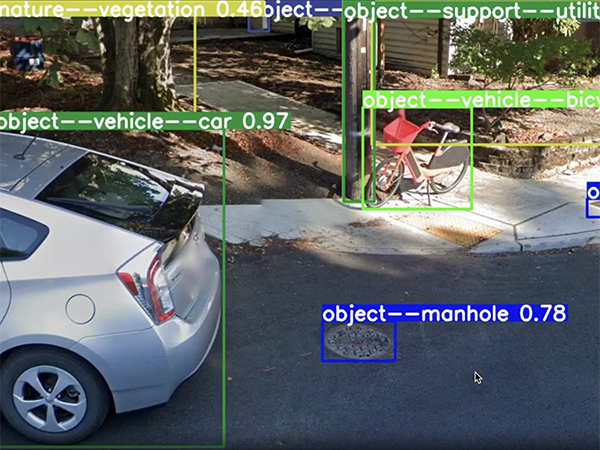
Makeability Lab
The Makeability Lab specializes in Human-Computer Interaction and applied machine learning for high-impact problems in accessibility, computational urban science, and augmented reality.
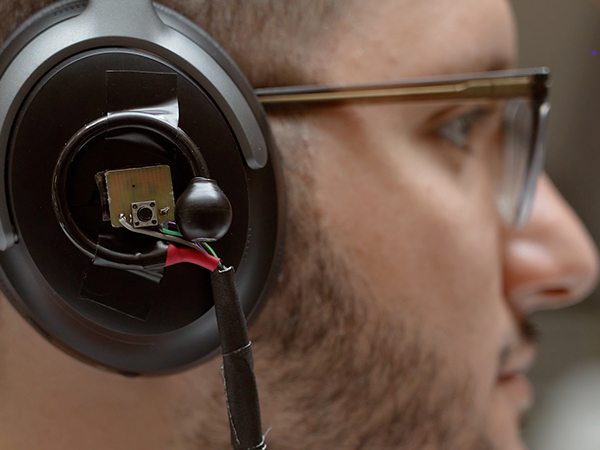
Mobile Intelligence Lab
The interdisciplinary Mobile Intelligence Lab builds intelligent systems and tools for tackling hard technical and societal problems, including battery-free computing, medical diagnostics, augmented human perception and more.
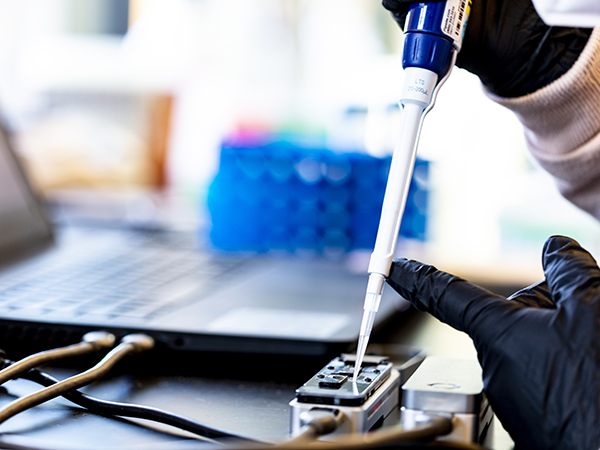
Molecular Information Systems Lab (MISL)
MISL explores the intersection of information technology and molecular biology using in-silico and wet lab experiments, drawing upon expertise from computer architecture, programming languages, synthetic biology and biochemistry.
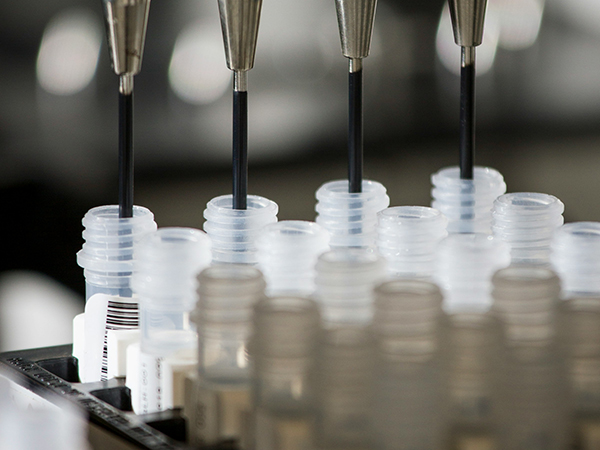
Mostafavi Lab
The Mostafavi Lab develops machine learning and statistical methods that combine evidence across multiple types of molecular/genomics data and disentangle spurious from meaningful correlations for new insights into mechanisms of health and disease.
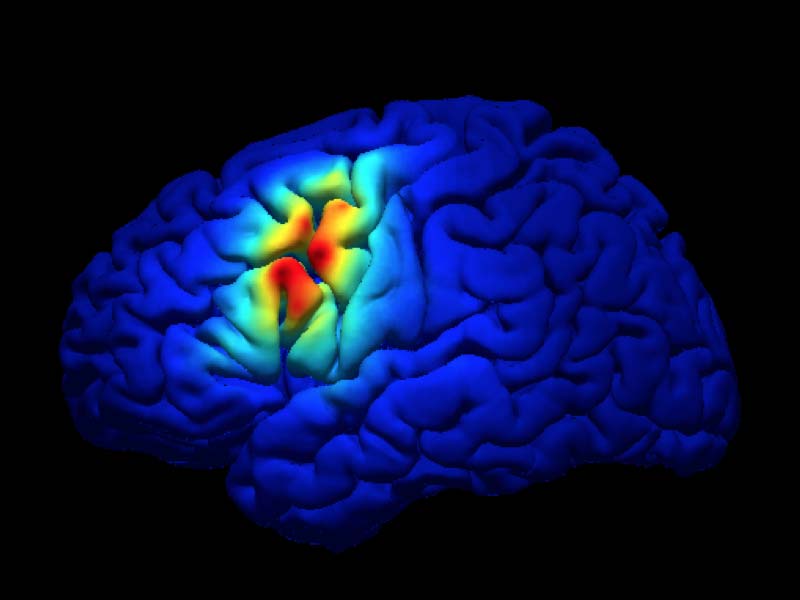
Neural Systems Lab
The Neural Systems Lab at the UW focuses on understanding the brain using computational models and simulations, and applying this knowledge to the task of developing human-like artificial intelligence (AI) and brain-computer interfaces (BCIs).
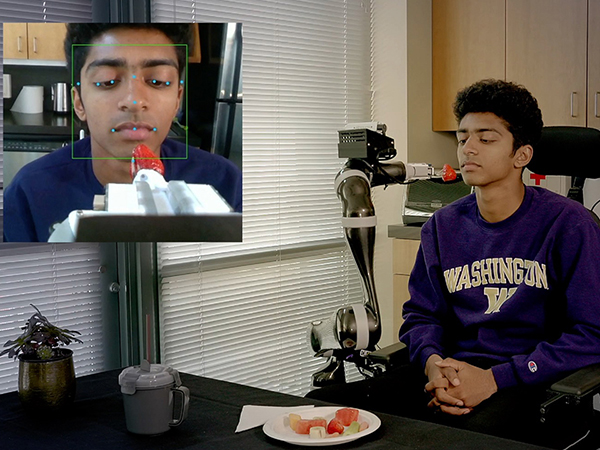
Personal Robotics Lab
Our mission is to develop the fundamental building blocks of perception, manipulation, learning, and human-robot interaction to enable robots to perform complex physical manipulation tasks under clutter and uncertainty with and around people.

Programming Languages & Software Engineering Group (PLSE)
The Programming Languages and Software Engineering Group advances fundamental research and practical applications in programming environments, program analysis, language design, synthesis, compilers, testing, verification and security.

Quantum Group
The Quantum Group does research on a variety of topics in quantum information and computation (primarily on the theory side), including quantum complexity theory, error-correction, cryptography, algorithms, and learning.

RAIVN Lab
The Reasoning, AI, and VisioN (RAIVN) Lab directed by Prof. Ali Farhadi and Prof. Ranjay Krishna focuses at the intersection of computer vision, machine learning, natural language processing and robotics and is targeted towards helping computers…

Robot Learning Lab
The Robot Learning Lab works on foundational research in machine learning, AI and robotics to develop intelligent robotic systems that can perceive, plan and act in complex environments and improve performance with experience.
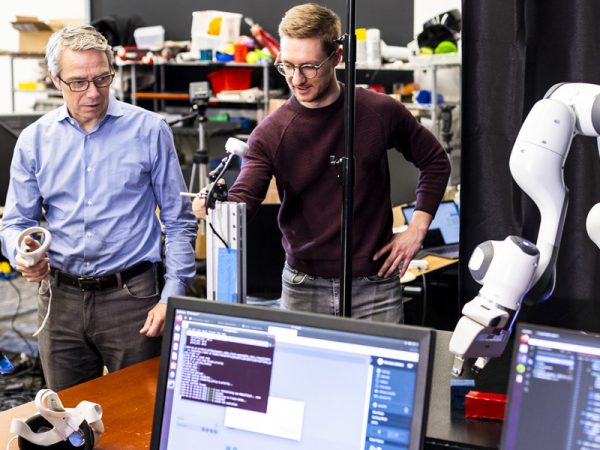
Robotics and State Estimation Lab
We are interested in the development of computing systems that interact with the physical world in an intelligent way. To investigate such systems, we focus on problems in robotics and activity recognition.
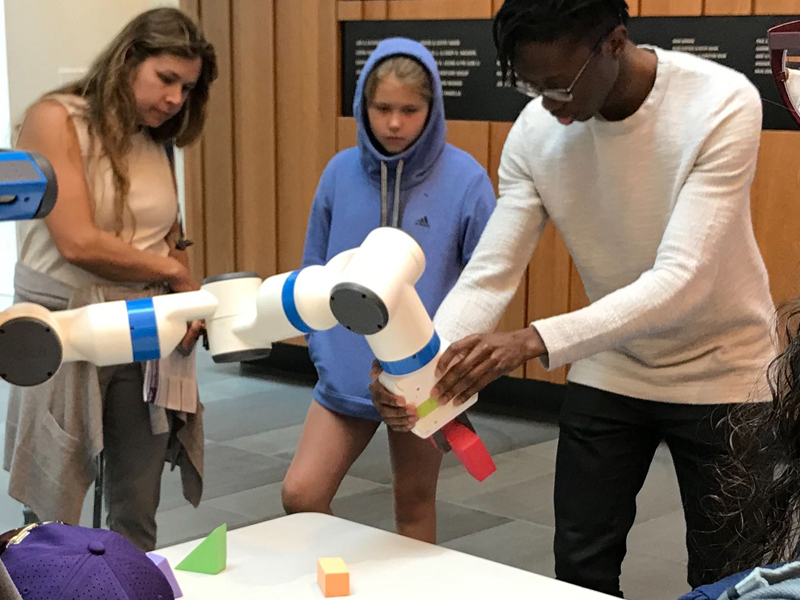
Robotics Group
Doing ground-breaking work in mechanism design, sensors, computer vision, robot learning, Bayesian state estimation, control theory, numerical optimization, biomechanics, neural control of movement, computational neuroscience, brain-machine interfaces, natural language…

Sampa
Sampa is an interdisciplinary computer architecture group whose research crosses multiple layers of the system stack, from hardware to programming languages and applications, motivated by new device technologies and applications.

SAMPL
SAMPL is an interdisciplinary machine learning research group exploring problems across the system stack, including deep learning frameworks, specialized hardware for training and inference, new intermediate representations and more.

Security and Privacy Research Lab
The Security and Privacy Research Lab works on a variety of topics, ranging from studying and addressing security and privacy risks in existing technologies, to anticipating future risks in emerging technologies.
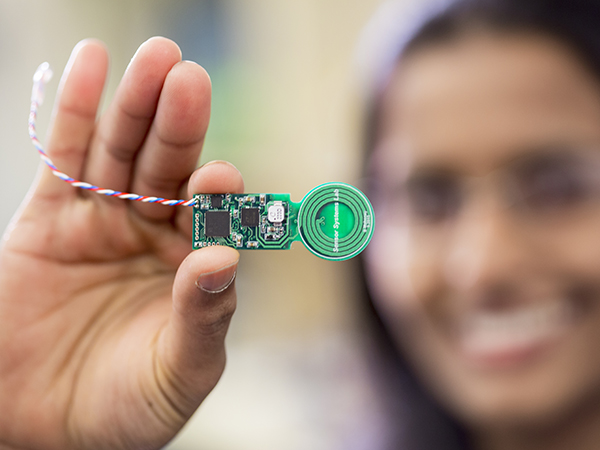
Sensor Systems Laboratory
The Sensor Systems Laboratory invents new sensor systems, devises new ways to power and communicate with them, and develops algorithms for using them, with applications in the domains of bioelectronics, robotics, and ubiquitous computing.

Social Futures Lab
Researchers in the Social Futures Lab are reimagining social and collaborative systems to empower people and improve society.
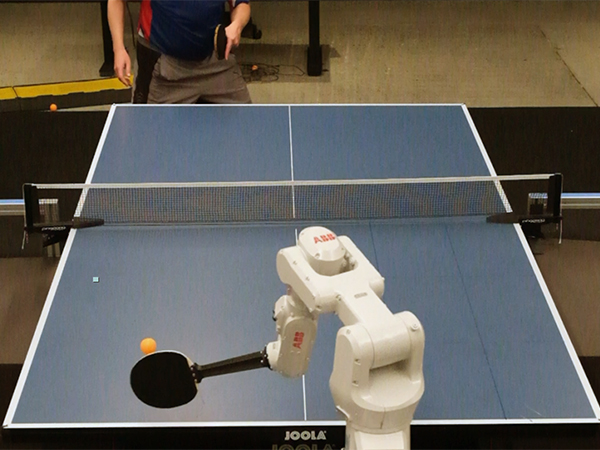
Social RL Lab
The Social RL Lab aims to leverage social information in human-AI and multi-agent interactions to enable AI to learn complex behavior, rapidly adapt to new circumstances and cooperate to achieve joint goals—similarly to how humans and animals learn.
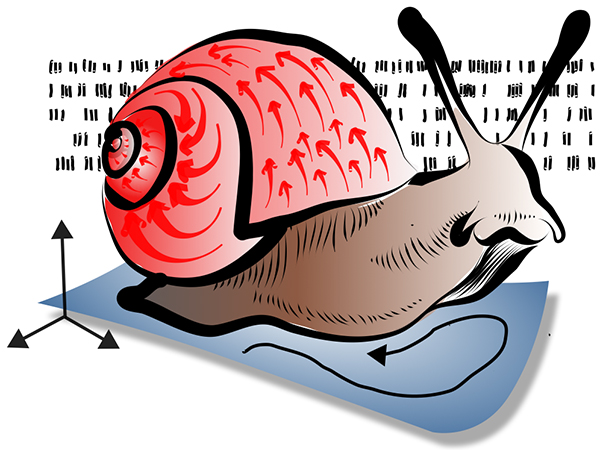
Systems Neuroscience & AI Lab (SNAIL)
SNAIL develops computational models and algorithms for understanding how single-trial neural population activity drives our abilities to generate movements, make decisions, and learn from experience.

Theory of Computation Group
The Theory of Computation Group makes progress on fundamental problems in computer science, including algorithms, optimization, cryptography, quantum and more, to understand and expand the limits of the field.

Tsvetshop
Tsvetshop researchers aim to develop practical solutions to natural language processing problems that combine sophisticated learning and modeling methods with insights into human languages and the people who speak them.
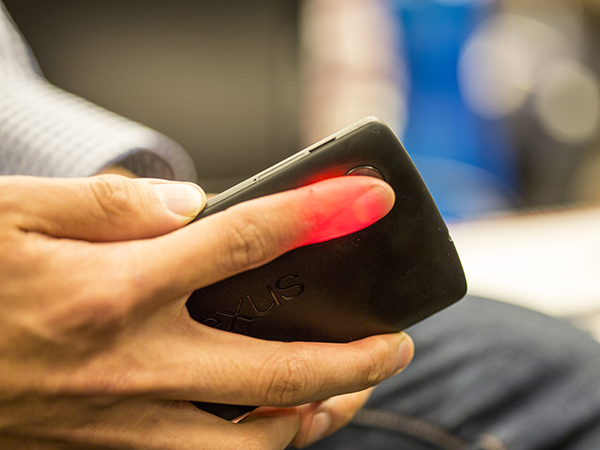
UbiComp Lab
The Ubiquitous Computing (UbiComp) Lab develops innovative systems for health sensing, low-power sensing, energy sensing, activity recognition and novel user interface technology for real-world applications.

UW NLP Group
The University of Washington Natural Language Processing Group comprises diverse researchers across campus collaborating in the study of all aspects of NLP from computational, engineering, linguistic, social, statistical, and other perspectives.
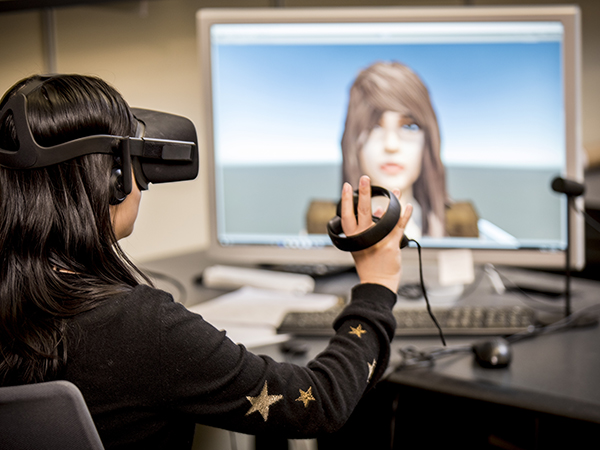
UW Reality Lab
The UW Reality Lab advances the state of the art in virtual and augmented reality by developing new technologies and applications, educating the next generation of researchers and technologists, and supporting robust collaborations with industry.
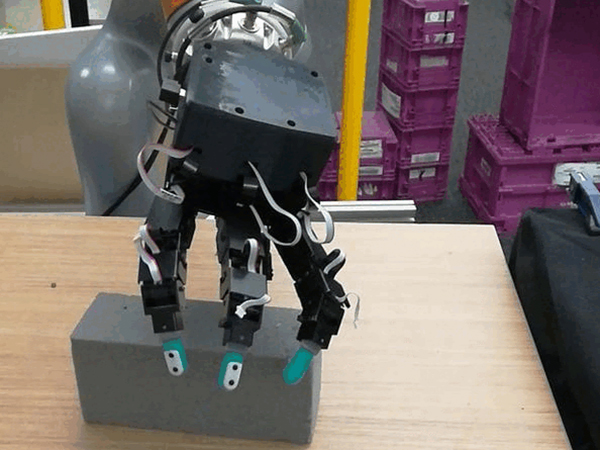
WEIRD Lab
The Washington Embodied Intelligence and Robotics Development lab is interested in robotics problems, and currently we are thinking deeply about reinforcement learning algorithms to enable real-world robotic manipulation tasks in the home.

Wildlab
The Wildlab explores how technology can be biased against people who are unlike those who created it — and to build systems that help designers, developers, and researchers better support the needs and perspectives of different people.
